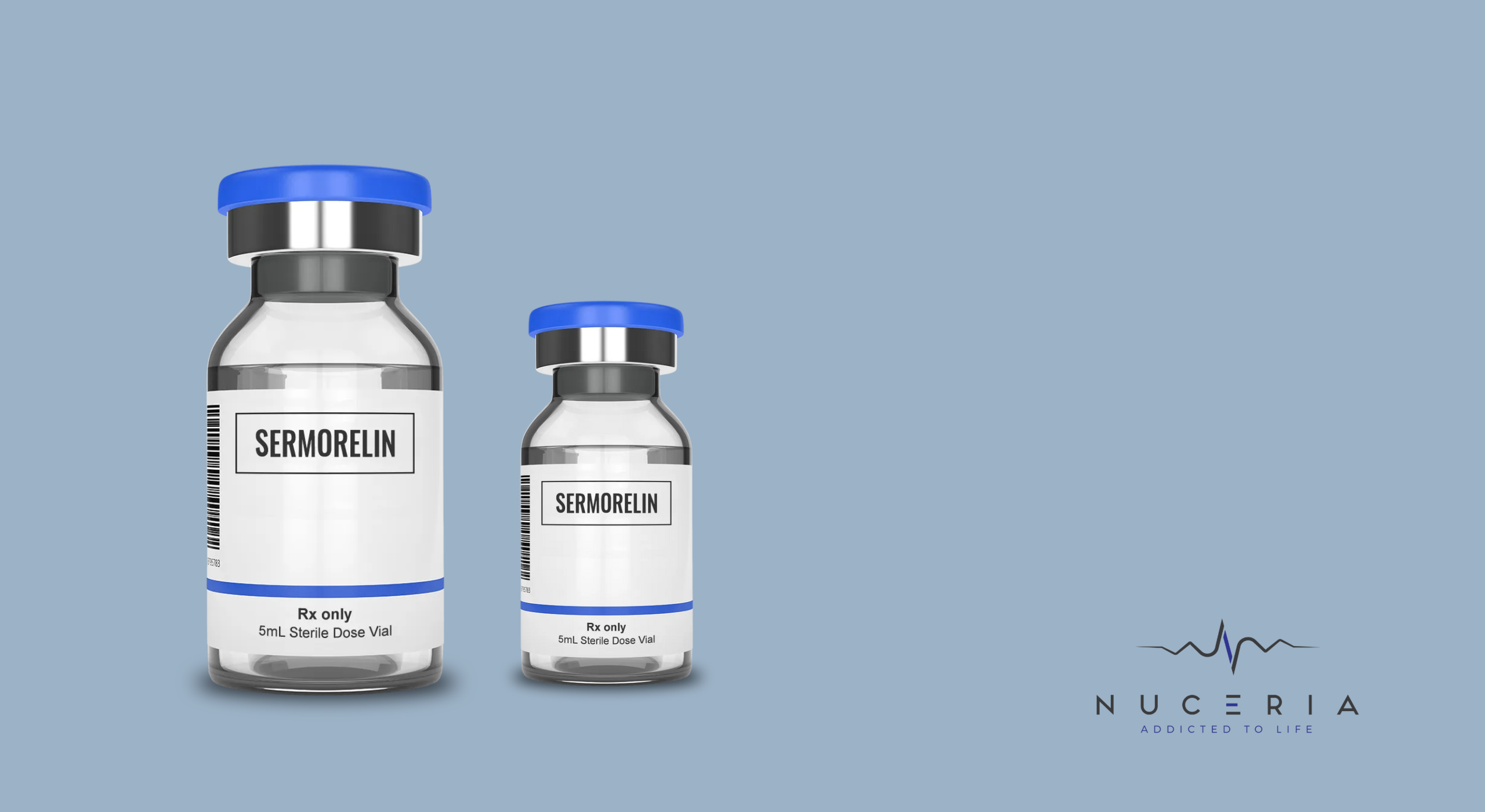Common Symptoms of Andropause: What Men Need to Watch For
Andropause, often referred to as male menopause, is characterized by a gradual decline in testosterone levels, potentially causing various physical, emotional, and psychological symptoms. Recognizing these symptoms can help men effectively manage this condition.
When to Visit the Doctor for Andropause Symptoms
Persistent Physical Symptoms
Fatigue and Low Energy:
Suppose you experience fatigue and low energy despite adequate rest and a balanced diet. In that case, it's time to consult a doctor.
Decreased Muscle Mass and Strength:
Noticeable muscle mass or strength loss not explained by changes in physical activity levels warrants a medical evaluation.
Weight Gain and Increased Body Fat:
Unexplained weight gain, particularly around the abdomen, should be discussed with a healthcare provider.
Erectile Dysfunction
Persistent difficulties with erections can be a sign of low testosterone or other underlying health issues.
Hair Loss
Significant hair thinning or baldness beyond standard aging patterns may require medical advice.
Hot Flashes and Night Sweats
Experiencing hot flashes and night sweats can be a sign of hormonal changes that need medical attention.
Emotional and Psychological Symptoms
Mood Swings and Irritability
If you notice severe mood swings, irritability, or increased anxiety, it's essential to seek help.
Depression
Persistent feelings of sadness or hopelessness should be addressed with a healthcare professional.
Memory and Concentration Issues
A doctor should evaluate ongoing problems with memory and concentration that affect daily life.
Decreased Motivation
A noticeable lack of interest in activities you once enjoyed can be a sign of andropause-related depression.
Sexual Health Concerns
Reduced Libido
You should discuss a significant drop in sexual desire that affects your relationship with a healthcare provider.
Infertility
Decreased sperm production may be related to difficulty conceiving and should undergo evaluation.
Other Health Concerns
Sleep Disturbances
You should address chronic insomnia or other sleep issues that affect your quality of life.
Joint Pain
Evaluate persistent joint or muscle pain unrelated to physical activity for possible hormonal causes.
Heart Palpitations
Irregular or rapid heartbeats can signify hormonal imbalance or other cardiovascular issues.
When to Seek Immediate Medical Attention
Severe Depression
Should you experience thoughts of self-harm or suicide, immediately seek medical attention or reach out to a mental health professional.
Sudden Weight Loss or Gain
Urgently evaluate any rapid and unexplained changes in weight.
Severe Erectile Dysfunction
If erectile dysfunction occurs suddenly and severely, it may indicate an underlying health issue that needs prompt attention.
Managing Andropause Symptoms Through Lifestyle Changes
Managing symptoms of andropause involves adopting beneficial lifestyle habits that promote overall health and well-being. Here's a comprehensive guide to incorporating these changes:
Balanced Diet
Maintaining a nutritious diet is crucial during andropause to support overall health:
- Lean Proteins: Include chicken, fish, beans, and legumes to maintain muscle mass.
- Healthy Fats: Incorporate omega-3 fatty acids from salmon, walnuts, and flaxseeds for heart health.
- Fruits and Vegetables: Ensure a variety of colorful produce for essential vitamins and antioxidants.
- Whole Grains: Opt for brown rice, oats, and quinoa to sustain energy levels and promote digestive health.
Regular Exercise
Physical activity plays a pivotal role in mitigating andropause symptoms:
- Strength Training: Build and preserve muscle mass through weightlifting or resistance exercises.
- Cardio Workouts: Enhance cardiovascular health and mood with walking, running, or cycling.
- Flexibility and Balance: Incorporate yoga or stretching routines to improve flexibility and prevent injuries.
Stress Management
Utilizing proven strategies for managing stress is important for one's mental and emotional health.
- Engaging in Mindfulness Meditation can be a beneficial practice to alleviate stress and improve concentration.
- Deep Breathing Exercises: Use breathing techniques to calm the mind and body.
- Engaging Hobbies: Participate in activities that bring relaxation and joy.
Adequate Sleep
Quality sleep is essential for hormone regulation and overall health:
- Establish a Routine: Maintain consistent sleep patterns by going to bed and waking up at the same time daily.
- Sleep-Friendly Environment: Create a calm, dark, and quiet bedroom conducive to rest.
- Limit Stimulants: Avoid caffeine and electronic devices before bedtime to improve sleep quality.
Healthy Relationships
Social solid connections positively impact emotional health during andropause:
- Open Communication: Discuss feelings and experiences openly with partners, family, and friends.
- Social Engagement: Participate in group activities or clubs to maintain social connections.
- Professional Support: Seek counseling or therapy if experiencing significant emotional distress.
Regular Health Check-ups
Routine medical check-ups are essential for monitoring and managing andropause:
- Hormone Levels: Regularly assess testosterone levels with a healthcare provider.
- Preventive Screenings: Stay current with screenings for heart health, prostate health, and bone density.
- Medication Management: Discuss medications or supplements with a doctor to avoid interactions.
Request an appointment here: https://mynuceria.com or call Nuceria Health at (305) 398-4370 for an appointment in our Miami office.
Check out what others are saying about our services on Yelp: Wellness Center in Miami, FL.







